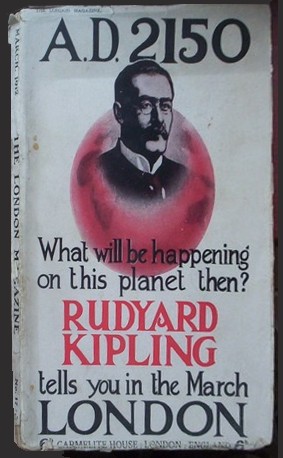|
Henry Lemoine (writer)
Henry Lemoine (1756–1812) was an English author and bookseller. Early life From a Huguenot background, he was born in Spitalfields 14 January 1756, and baptised in the French church De La Patente in Brown's Lane there, 1 February 1756. He was the only son of Henry Lemoine who had left Normandy for Jersey, who died in April 1760; his mother, Anne I. Cenette, was a native of Guernsey. He was educated at a free school run French Calvinists in the East End of London, and in 1770 was apprenticed to a stationer and rag merchant in Lamb Street, Spitalfields. From Spitalfields Lemoine moved about 1773 to the shop of a Mr. Chatterton, a baker and bookseller. He then became for a time French master in a boarding-school at Vauxhall, kept by one Mannypenny, a post lost by the hoax that he was incapable of speaking a word of English. On coming of age in 1777 he inherited property in Jersey, purchased a bookstall in the Little Minories, and began writing for magazines. He also dispensed dr ... [...More Info...] [...Related Items...] OR: [Wikipedia] [Google] [Baidu] |
Henry Lemoine Sketch
Henry may refer to: People * Henry (given name) *Henry (surname) * Henry Lau, Canadian singer and musician who performs under the mononym Henry Royalty * Portuguese royalty ** King-Cardinal Henry, King of Portugal ** Henry, Count of Portugal, Henry of Burgundy, Count of Portugal (father of Portugal's first king) ** Prince Henry the Navigator, Infante of Portugal ** Infante Henrique, Duke of Coimbra (born 1949), the sixth in line to Portuguese throne * King of Germany **Henry the Fowler (876–936), first king of Germany * King of Scots (in name, at least) ** Henry Stuart, Lord Darnley (1545/6–1567), consort of Mary, queen of Scots ** Henry Benedict Stuart, the 'Cardinal Duke of York', brother of Bonnie Prince Charlie, who was hailed by Jacobites as Henry IX * Four kings of Castile: **Henry I of Castile **Henry II of Castile **Henry III of Castile **Henry IV of Castile * Five kings of France, spelt ''Henri'' in Modern French since the Renaissance to italianize the name and t ... [...More Info...] [...Related Items...] OR: [Wikipedia] [Google] [Baidu] |
Arminian Magazine
The ''Wesleyan Methodist Magazine'' was a monthly Methodist magazine published between 1778 and 1969. Founded by John Wesley as the ''Arminian Magazine'', it was retitled the ''Methodist Magazine'' in 1798 and as the ''Wesleyan Methodist Magazine'' in 1822. The co-writer with Wesley (from 1775 to 1789) was Thomas Olivers. As to why the magazine was originally entitled the "Arminian Magazine", W. Stephen Gunter says that in 1778 John Wesley "... chose ''The Arminian Magazine'' as title for his Methodist magazine; and his intention in doing so was to distinguish his arm of the English revival movement from that of the ' Calvinian Methodists.' Wesley had not previously claimed this Arminian Arminianism is a branch of Protestantism based on the theological ideas of the Dutch Reformed theologian Jacobus Arminius (1560–1609) and his historic supporters known as Remonstrants. Dutch Arminianism was originally articulated in the ''Re ... identity in a public way, ..." Notes ... [...More Info...] [...Related Items...] OR: [Wikipedia] [Google] [Baidu] |
Abraham Goldsmid
Abraham, ; ar, , , name=, group= (originally Abram) is the common Hebrew patriarch of the Abrahamic religions, including Judaism, Christianity, and Islam. In Judaism, he is the founding father of the special relationship between the Jews and God; in Christianity, he is the spiritual progenitor of all believers, whether Jewish or non-Jewish; and in Islam, he is a link in the chain of Islamic prophets that begins with Adam (see Adam in Islam) and culminates in Muhammad. His life, told in the narrative of the Book of Genesis, revolves around the themes of posterity and land. Abraham is called by God to leave the house of his father Terah and settle in the land of Canaan, which God now promises to Abraham and his progeny. This promise is subsequently inherited by Isaac, Abraham's son by his wife Sarah, while Isaac's half-brother Ishmael is also promised that he will be the founder of a great nation. Abraham purchases a tomb (the Cave of the Patriarchs) at Hebron to be Sarah' ... [...More Info...] [...Related Items...] OR: [Wikipedia] [Google] [Baidu] |
Adam Clarke
Adam Clarke (176226 August 1832) was a British Methodist theologian who served three times as President of the Wesleyan Methodist Conference (1806–07, 1814–15 and 1822–23). A biblical scholar, he published an influential Bible commentary among other works. He was a Wesleyan. Biography Early life and education Clarke was born in 1760 or 1762, in the townland of Moybeg Kirley near Tobermore in Northern Ireland. His father, an Anglican, was a village schoolmaster and farmer; his mother was a Presbyterian. His childhood consisted of a series of life-threatening mishaps. After receiving a very limited education he was apprenticed to a linen manufacturer, but, finding the employment uncongenial, he resumed school-life at the institution founded by Wesley at Kingswood. In 1778, at the age of fourteen, Rev. John Wesley invited him to become a pupil in the Methodist seminary lately established at Kingswood, Bristol. In 1779, he converted to Methodism after listening to a ... [...More Info...] [...Related Items...] OR: [Wikipedia] [Google] [Baidu] |
The Sorrows Of Young Werther
''The Sorrows of Young Werther'' (; german: Die Leiden des jungen Werthers) is a 1774 epistolary novel by Johann Wolfgang Goethe, which appeared as a revised edition in 1787. It was one of the main novels in the ''Sturm und Drang'' period in German literature, and influenced the later Romantic movement. Goethe, aged 24 at the time, finished ''Werther'' in five and a half weeks of intensive writing in January to March 1774. It instantly placed him among the foremost international literary celebrities and was among the best known of his works. Plot summary Most of ''The Sorrows of Young Werther'', a story about a young man's extreme response to unrequited love, is presented as a collection of letters written by Werther, a young artist of a sensitive and passionate temperament, to his friend Wilhelm. These give an intimate account of his stay in the fictional village of Wahlheim (based on , near Wetzlar), whose peasants have enchanted him with their simple ways. There he meets Charl ... [...More Info...] [...Related Items...] OR: [Wikipedia] [Google] [Baidu] |
Nicholas Culpeper
Nicholas Culpeper (18 October 1616 – 10 January 1654) was an English botanist, herbalist, physician and astrologer.Patrick Curry: "Culpeper, Nicholas (1616–1654)", ''Oxford Dictionary of National Biography'' (Oxford, UK: OUP, 2004) His book ''The English Physician'' (1652, later ''Complete Herbal'', 1653 ff.) is a source of pharmaceutical and herbal lore of the time, and ''Astrological Judgement of Diseases from the Decumbiture of the Sick'' (1655) one of the most detailed works on medical astrology in Early Modern Europe. Culpeper catalogued hundreds of outdoor medicinal herbs. He scolded contemporaries for some of the methods they used in herbal medicine: "This not being pleasing, and less profitable to me, I consulted with my two brothers, and , and took a voyage to visit my mother , by whose advice, together with the help of , I at last obtained my desire; and, being warned by , a stranger in our days, to publish it to the world, I have done it." Culpeper came fro ... [...More Info...] [...Related Items...] OR: [Wikipedia] [Google] [Baidu] |
The Grave (poem)
"The Grave" is a blank verse poem by the Scottish poet Robert Blair. It is the work for which he is primarily renowned. According to Blair, in a letter he wrote to Philip Doddridge, the greater part of the poem was composed before he became a minister, Edinburgh editor and publisher John Johnstone hola stating that it was composed whilst he was still a student, although "probably corrected and amplified by his more matured judgement". The poem, 767 lines long, is an exemplar of what became known as the school of graveyard poetry. Part of the poem's continued prominence in scholarship involves a later printing of poems by Robert Hartley Cromek which included illustrations completed by the Romantic poet and illustrator William Blake. He completed forty illustrations for the poem, twenty of which were printed in Cromek's edition. Blake's original watercolours for the prints were believed lost, until they were rediscovered in 2003. First publication and critical reception Accor ... [...More Info...] [...Related Items...] OR: [Wikipedia] [Google] [Baidu] |
Robert Blair (poet)
Rev Robert Blair (17 April 1699 – 4 February 1746) was a Scottish poet. His fame rests upon his poem '' The Grave'', which, in a later printing was illustrated by William Blake. Biography He was the eldest son of the Rev. Robert Blair, one of the king's chaplains, and was born at Edinburgh. He was educated at the University of Edinburgh and in the Netherlands, and in 1731 was appointed minister of Athelstaneford in East Lothian. In 1738, he married Isabella, daughter of Professor William Law, with whom he had six children. His family's wealth gave him leisure for his favourite pursuits: gardening and the study of English poets. Blair published only three poems. One was a commemoration of his father-in-law and another was a translation. His reputation rests entirely on his third work, '' The Grave'' (1743), which is a poem written in blank verse Blank verse is poetry written with regular metrical but unrhymed lines, almost always in iambic pentameter. It has been de ... [...More Info...] [...Related Items...] OR: [Wikipedia] [Google] [Baidu] |
Fanny Hill
''Memoirs of a Woman of Pleasure''—popularly known as ''Fanny Hill''—is an erotic novel by English novelist John Cleland first published in London in 1748. Written while the author was in debtors' prison in London,Wagner, "Introduction", in Cleland, ''Fanny Hill'', 1985, p. 7. it is considered "the first original English prose pornography, and the first pornography to use the form of the novel". It is one of the most prosecuted and banned books in history. The book exemplifies the use of euphemism. The text has no "dirty words" or explicit scientific terms for body parts, but uses many literary devices to describe genitalia. For example, the vagina is sometimes referred to as "the nethermouth", which is also an example of psychological displacement. A critical edition by Peter Sabor includes a bibliography and explanatory notes. The collection ''Launching "Fanny Hill"'' contains several essays on the historical, social and economic themes underlying the novel. Publi ... [...More Info...] [...Related Items...] OR: [Wikipedia] [Google] [Baidu] |
John Cleland
John Cleland (c. 1709, baptised – 23 January 1789) was an English novelist best known for his fictional '' Fanny Hill: or, the Memoirs of a Woman of Pleasure'', whose eroticism led to his arrest. James Boswell called him "a sly, old malcontent". Publication of ''Fanny Hill'' John Cleland began courting the Portuguese in a vain attempt to reestablish the Portuguese East India Company. In 1748, Cleland was arrested for an £840 debt (equivalent to a purchasing power of about £100,000 in 2005) and committed to Fleet Prison, where he remained for over a year. It was while he was in prison that Cleland finalised ''Memoirs of a Woman of Pleasure.'' The text probably existed in manuscript for a number of years before Cleland developed it for publication. The novel was published in two instalments, in November 1748 and February 1749. In March of that year, he was released from prison. However, Cleland was arrested again in November 1749, along with the publishers and printer of ... [...More Info...] [...Related Items...] OR: [Wikipedia] [Google] [Baidu] |
The London Magazine
''The London Magazine'' is the title of six different publications that have appeared in succession since 1732. All six have focused on the arts, literature and miscellaneous topics. 1732–1785 ''The London Magazine, or, Gentleman's Monthly Intelligencer'' was founded in 1732 in political opposition and rivalry to the Tory-supporting ''Gentleman's Magazine'' and ran for 53 years until its closure in 1785. Edward Kimber became editor in 1755, succeeding his father Isaac Kimber. Henry Mayo was editor from 1775 to 1783. Publishers included Thomas Astley. 1820–1829 In 1820 the ''London Magazine'' was resurrected by the publishers Baldwin, Craddock & Joy under the editorship of John Scott who formatted the magazine along the lines of the Edinburgh publication ''Blackwood's Magazine''. It was during this time that the magazine published poems by William Wordsworth, Percy Bysshe Shelley, John Clare and John Keats. In September 1821 the first of two instalments of Thomas De Quinc ... [...More Info...] [...Related Items...] OR: [Wikipedia] [Google] [Baidu] |
Charles Churchill (poet)
Charles Churchill (February 1732 – 4 November 1764) was an English poet and satirist. Early life Churchill was born in Vine Street, Westminster. His father, Rev. Charles Churchill, was rector of Rainham, Essex, held the curacy and lectureship of St Johns, Westminster, from 1733, and Charles was educated at Westminster School, where he became a good classical scholar, and formed a close and lasting friendship with Robert Lloyd. He was admitted to St John's College, Cambridge on 8 July 1748. Churchill contracted a marriage with a Miss Scot within the rules of the Fleet in his eighteenth year, and never lived at Cambridge; the young couple lived in his father's house, and Churchill was afterwards sent to the north of England to prepare for holy orders. He became curate of the church of St Thomas à Becket in South Cadbury, Somerset, and, on receiving priest's orders (1756), began to act as his father's curate at Rainham. Two years later the elder Churchill died, and the son w ... [...More Info...] [...Related Items...] OR: [Wikipedia] [Google] [Baidu] |
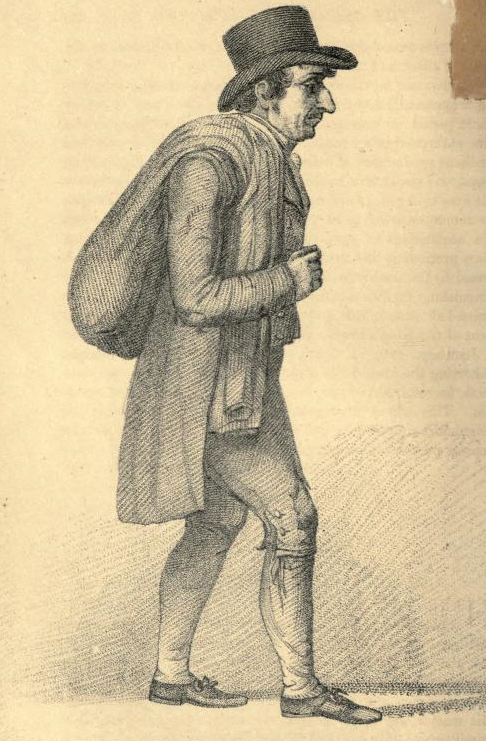

.jpg)
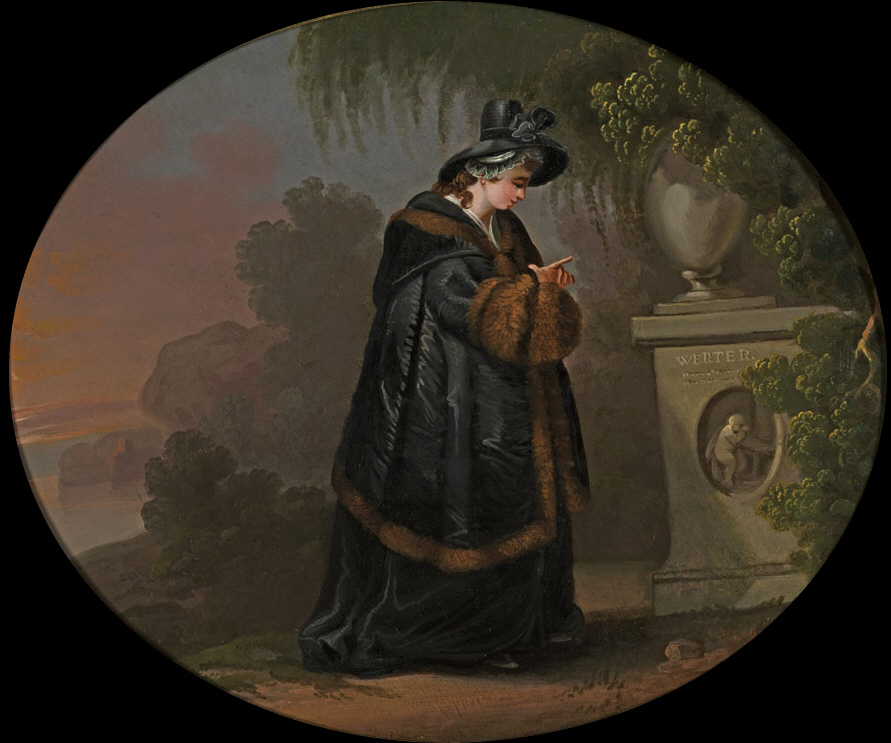
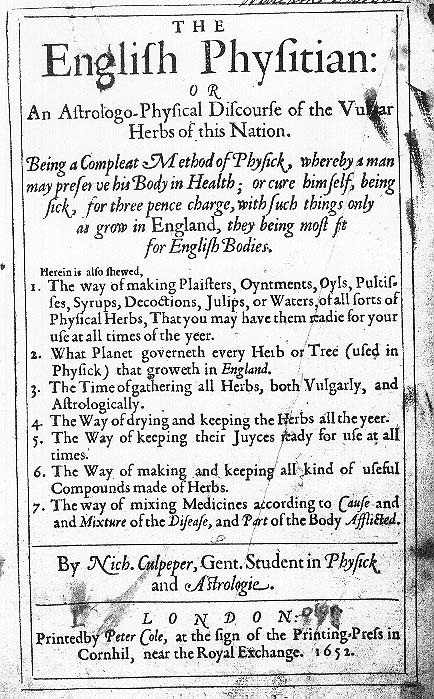
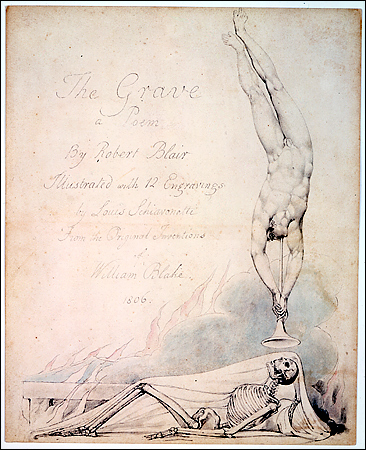
.jpg)
